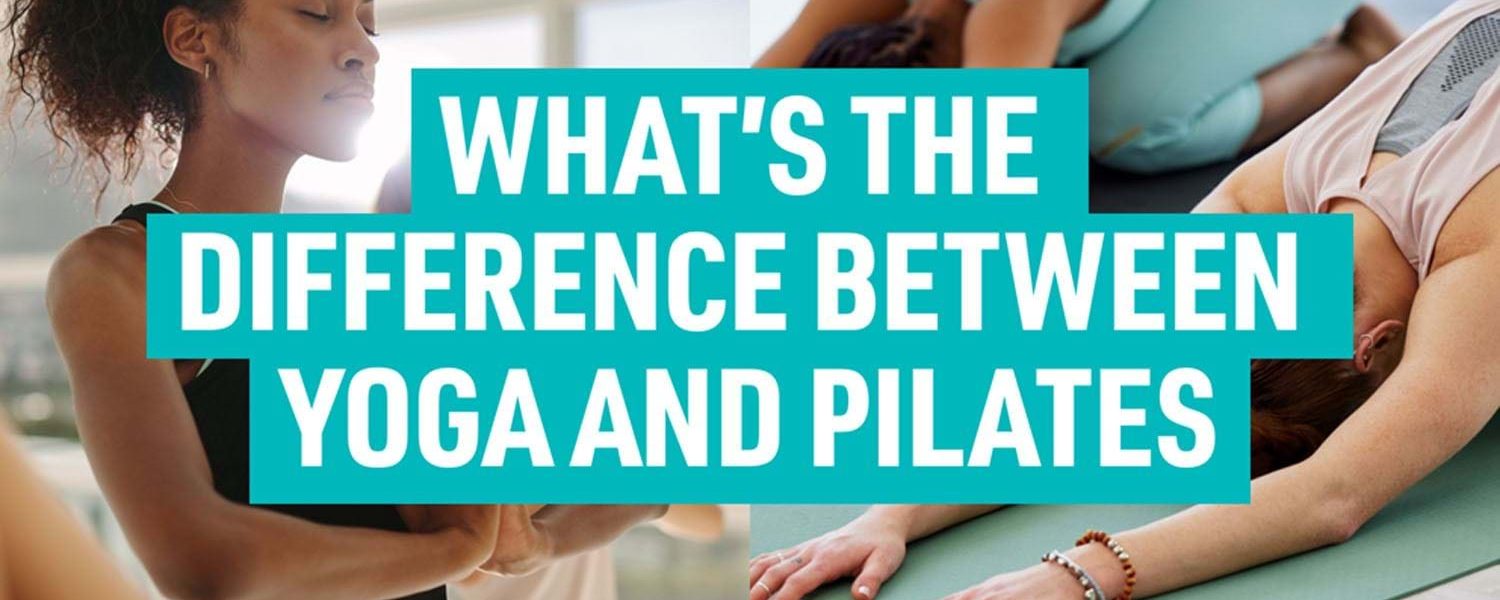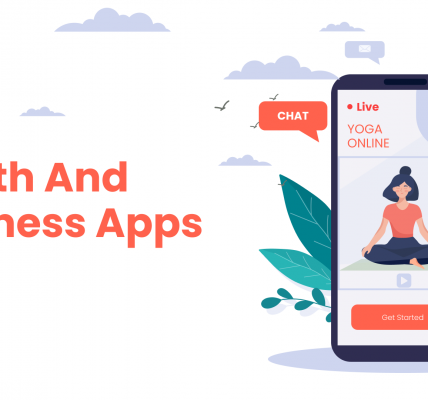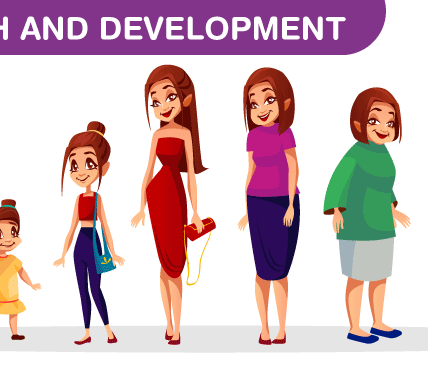Yoga and Pilates are two popular practices that offer numerous physical and mental health benefits.1 Both involve a series of physical postures, breathing techniques, and meditation. While they share similarities, they also have distinct characteristics.
Yoga: A Holistic Approach
Yoga is an ancient practice that combines physical postures (asanas), breathing techniques (pranayama), and meditation to promote physical, mental, and spiritual2 well-being.3 It helps:
- Improve Flexibility: Yoga poses, such as the downward dog and cobra, stretch the muscles and increase flexibility.4
- Build Strength: Certain yoga poses, like the warrior pose and plank, strengthen the core, arms, and legs.5
- Reduce Stress: Yoga’s breathing techniques and meditation practices help calm the mind and reduce stress.6
- Improve Posture: Regular yoga practice can help correct postural imbalances and improve alignment.7
Pilates: A Mind-Body Connection
Pilates is a low-impact exercise system that focuses on core strength, flexibility, and posture.8 It emphasizes precise movements and controlled breathing.9 Pilates can help:
- Strengthen Core Muscles: Pilates exercises target the core muscles, including the abs, obliques, and lower back.10
- Improve Posture: By strengthening the core and back muscles, Pilates can help improve posture and alleviate back pain.11
- Increase Flexibility: Pilates poses, such as the spine stretch and leg circles, can increase flexibility and range of motion.12
- Enhance Mind-Body Connection: Pilates emphasizes mindfulness and body awareness, leading to improved focus and mental clarity.13
Combining Yoga and Pilates Many people find that combining yoga and Pilates can provide a well-rounded workout.14 Yoga can help improve flexibility and reduce stress, while Pilates can help build strength and improve posture.
Remember to consult with a qualified yoga or Pilates instructor before starting any new exercise program.




